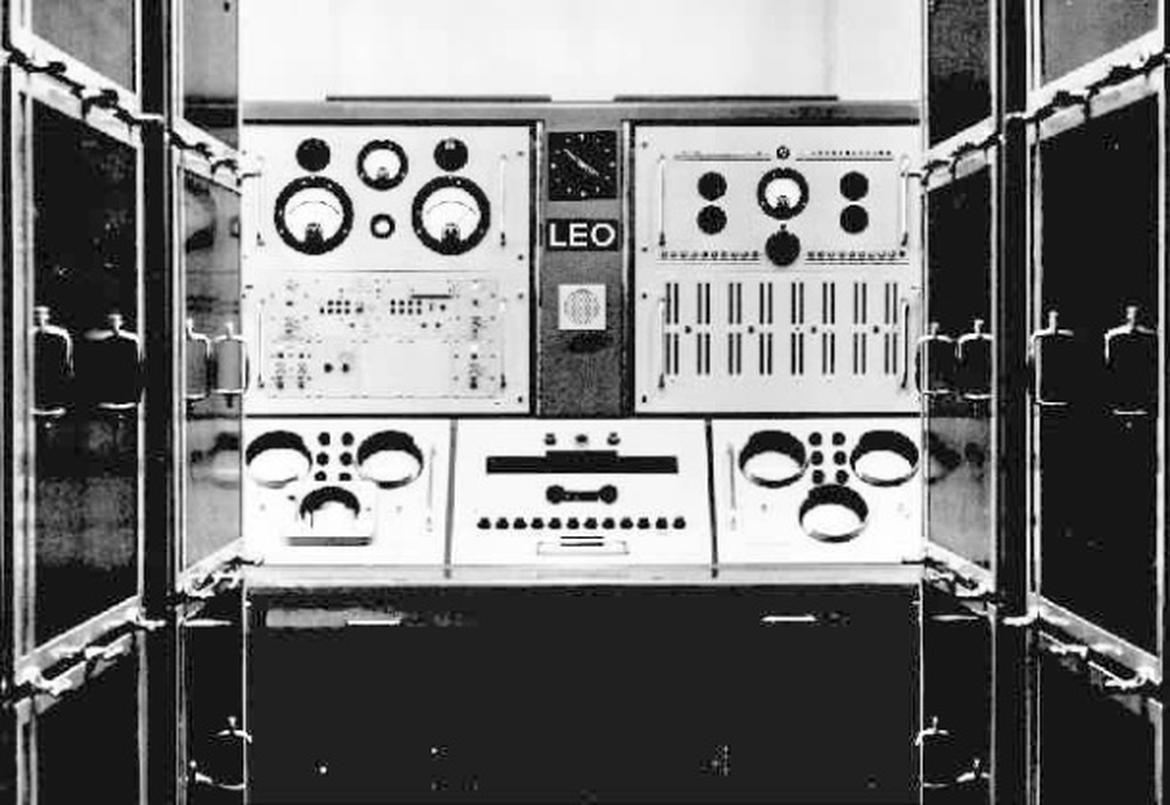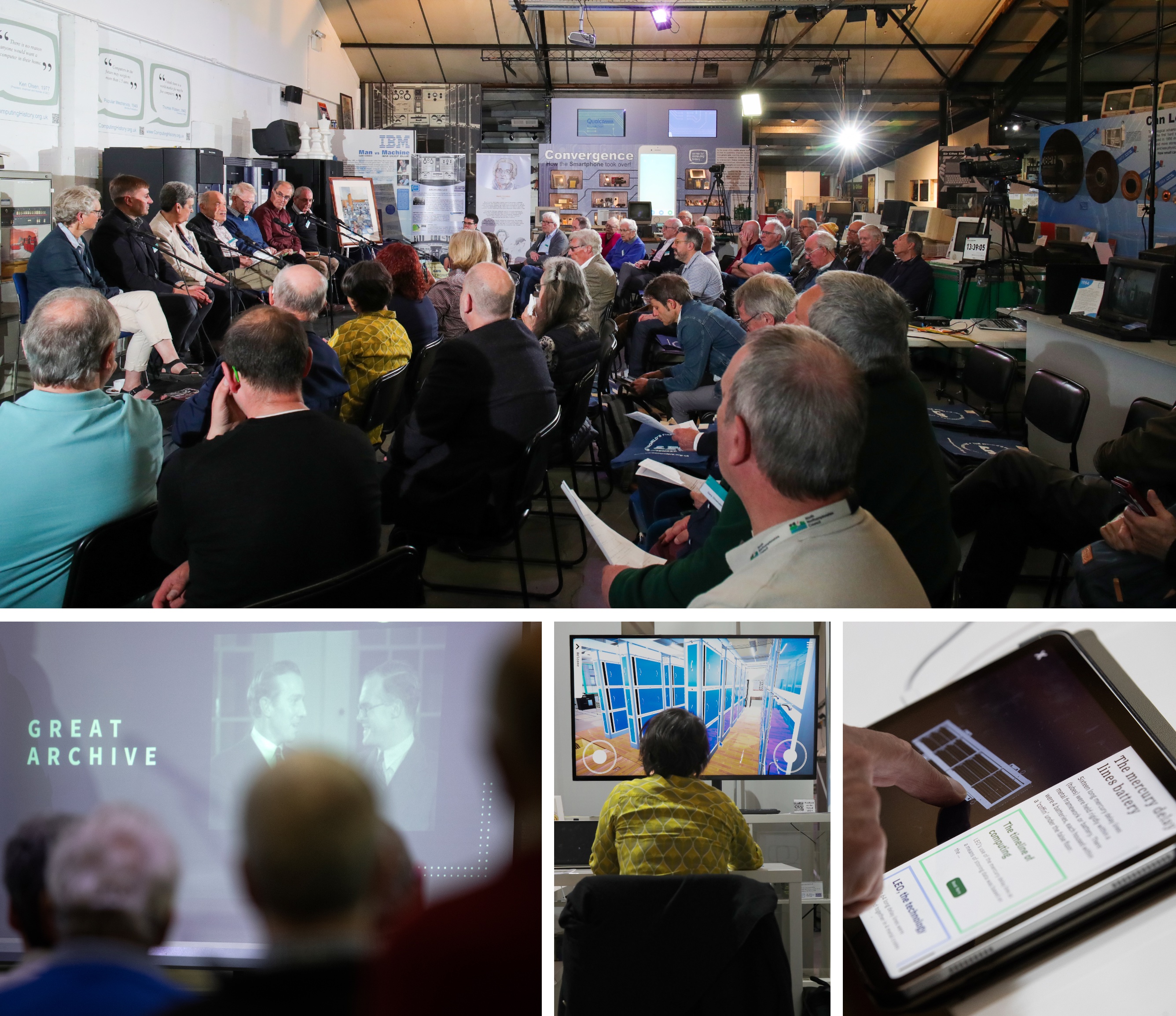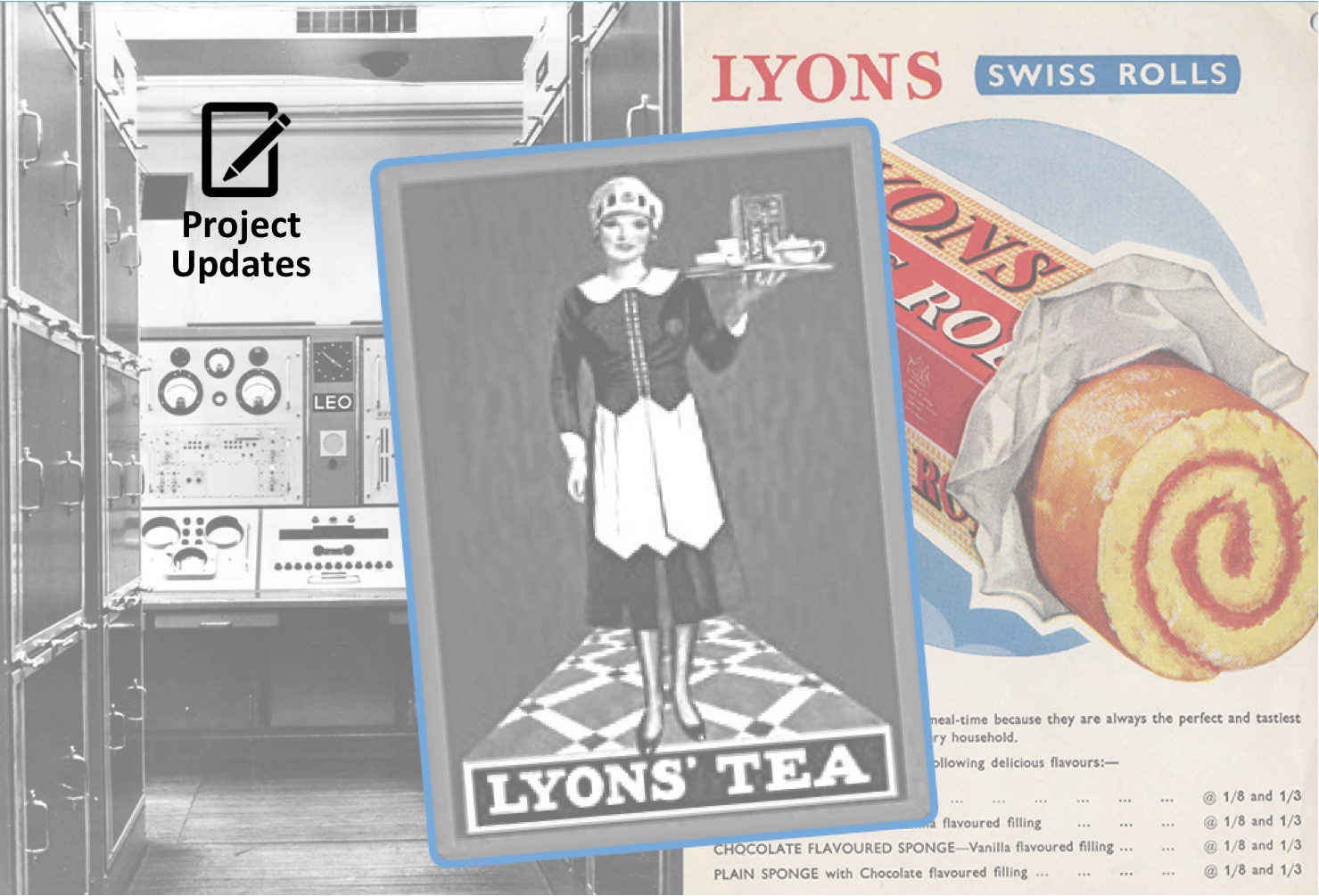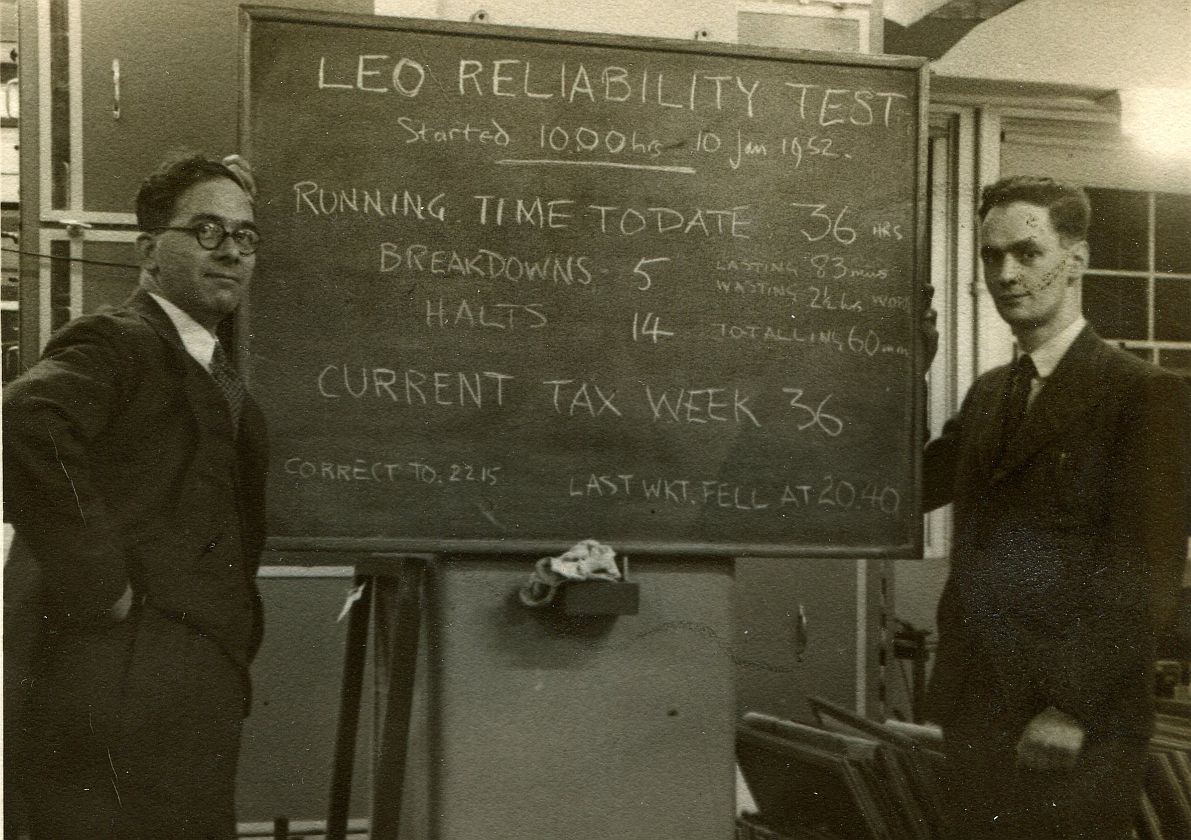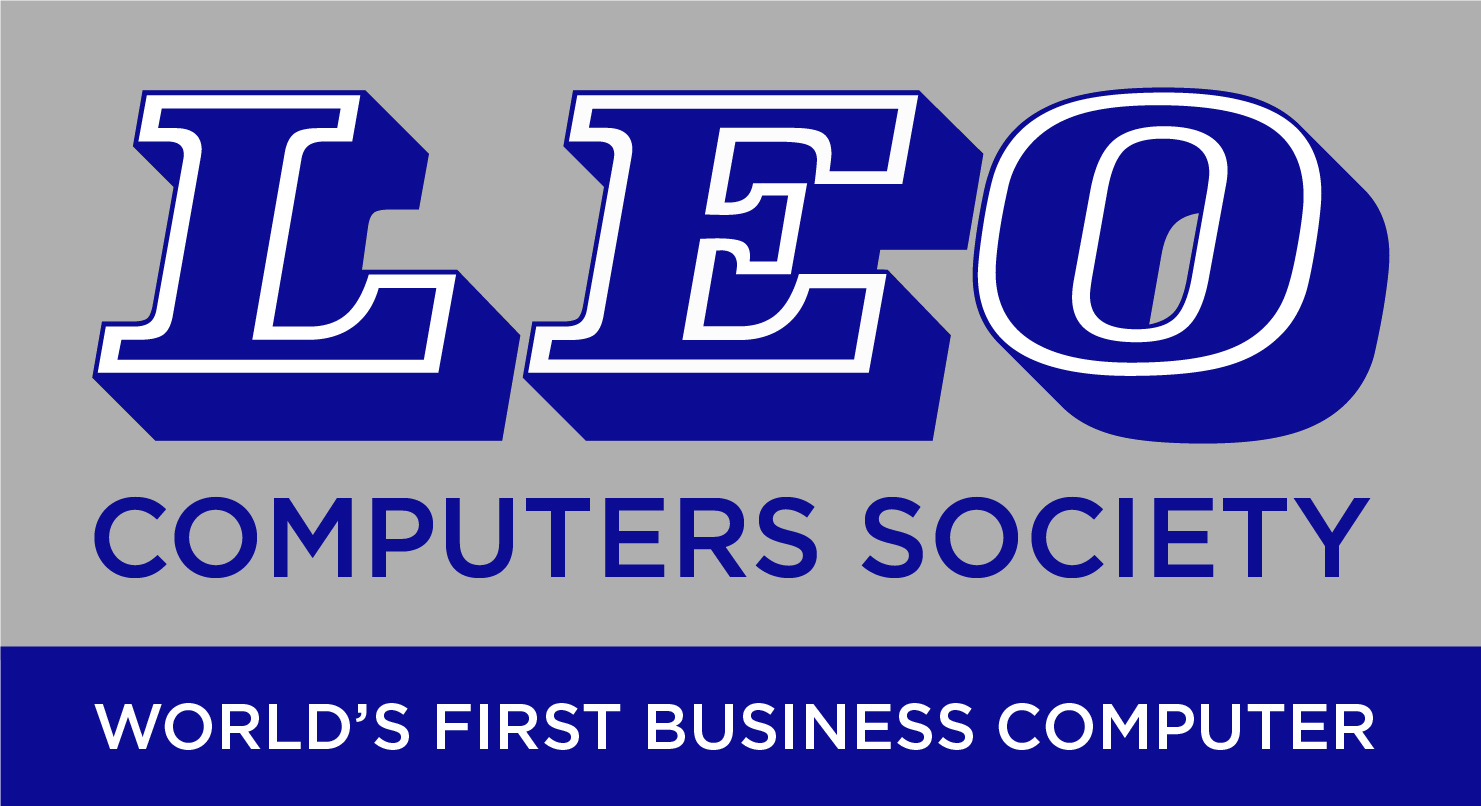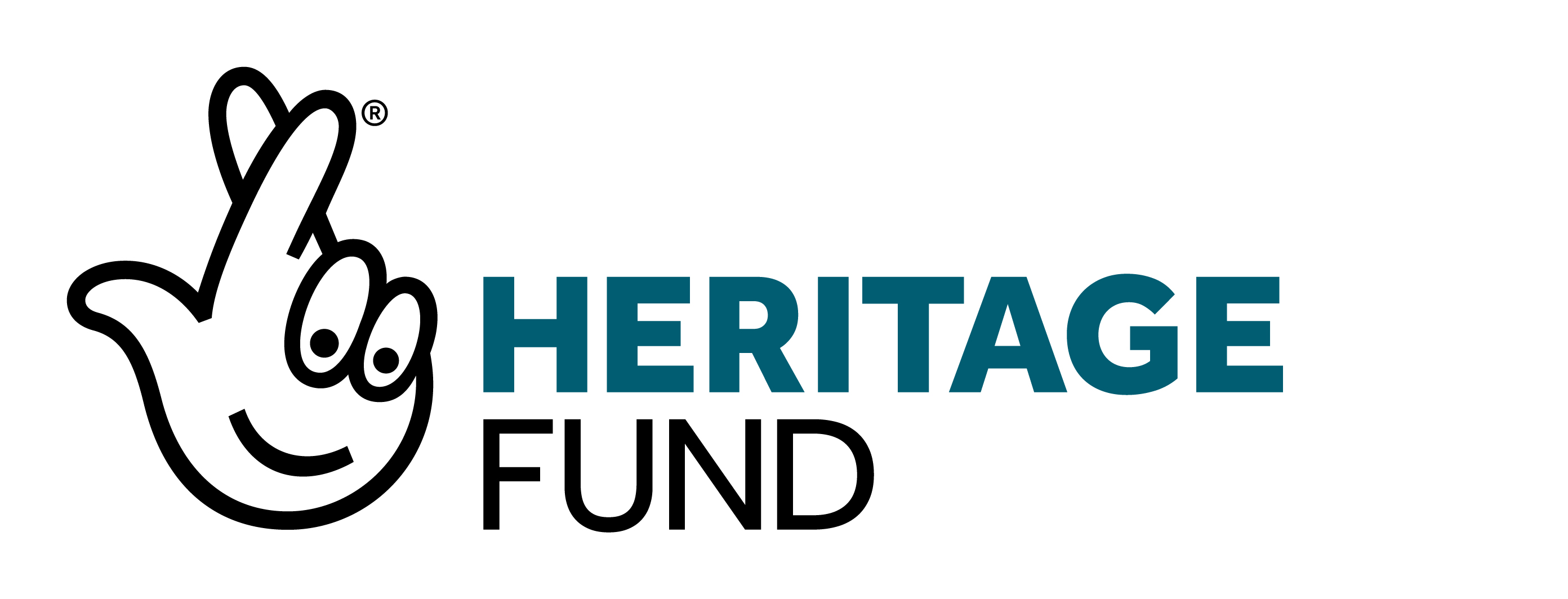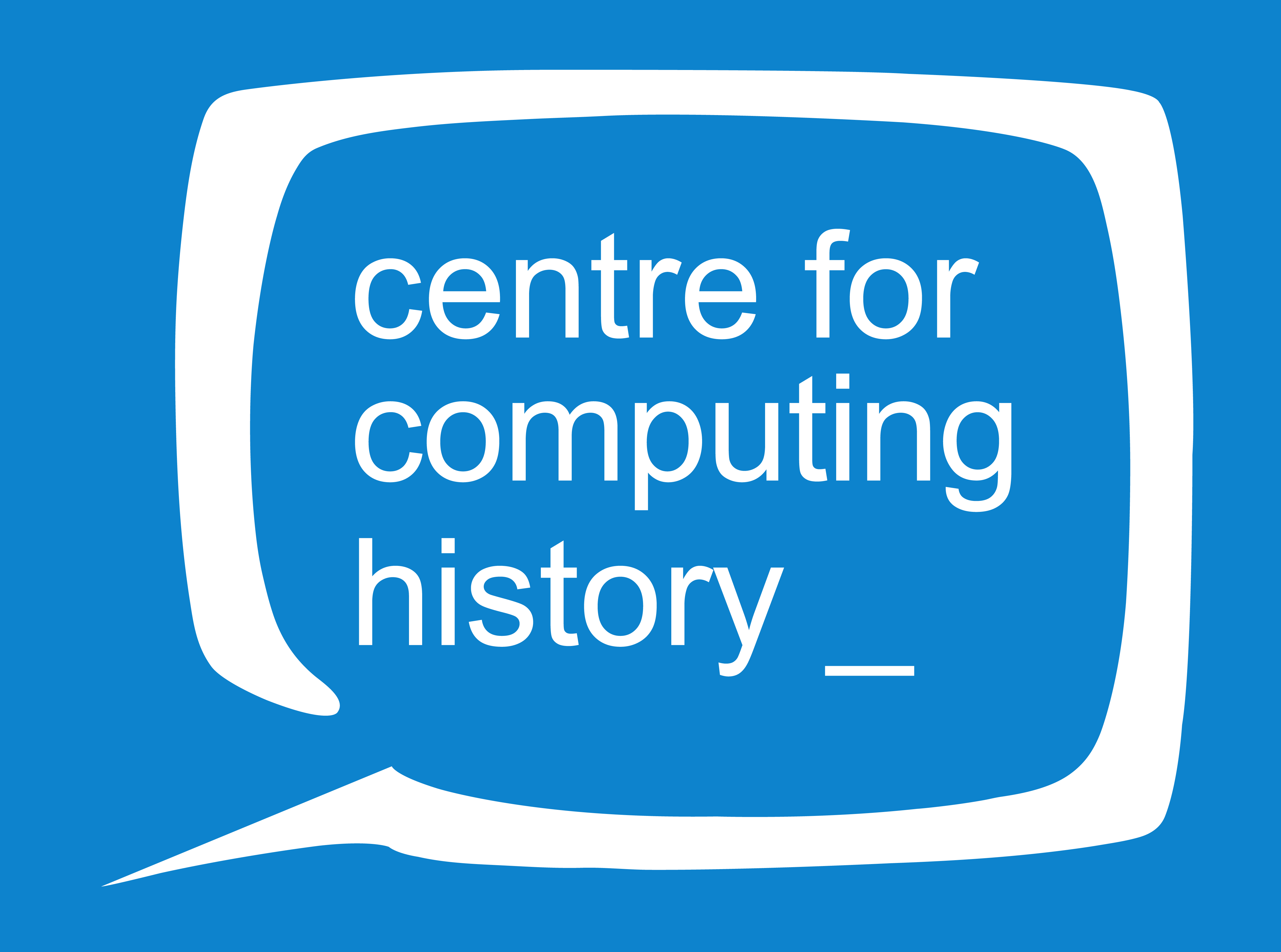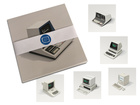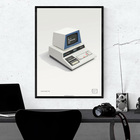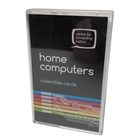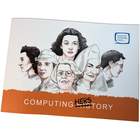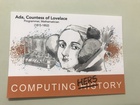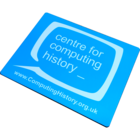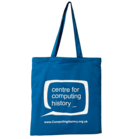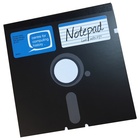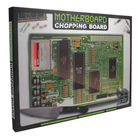Welcome to LEO, the first business computer
In the late 1940s, J. Lyons and Co., the country’s largest caterer, made the prescient decision to invest, both financially and by offering staff support, in the computer developments being made at Cambridge University (EDSAC) on condition that they could copy their 'electronic calculator' if it worked. From this collaboration came Lyons' own version, the Lyons Electronic Office (LEO), now acknowledged as the world’s first business computer.
While Lyons used EDSAC to base their own computer on, LEO evolved to become quite different to the Cambridge machine because it needed to perform in a completely different way for a completely different purpose. As a result, LEO computers played a key role in the early development of computing, and an even more important role in its subsequent social impact, which - just look around you now - turned out to be huge.
But the LEO story was not well known. Often dismissed simply as a copy of EDSAC in the established history of computing, such accounts have mostly acknowledged Lyons' contribution to history in only a very superficial way, recognising LEO as the first instance in which computing was applied to business processes, but little else. By bringing together, digitising, disseminating and researching a wide range of LEO-related material that had not adequately been addressed as a whole before, this project identified a myriad of ways in which LEO was groundbreaking.
It has been our pleasure to work in partnership with the LEO Computers Society (opens in new window), to preserve, catalogue and digitise their LEO artefacts, documents and personal memories. The Society work hard to ensure LEO's importance is recognised but prior to this project had no formal partner to work with, to ensure LEO's heritage was not lost forever. From the Centre for Computing history's perspective, for a museum to work with the very people who lived the stories we're telling, using the very artefacts we're preserving, has been a unique opportunity.
The project employed a variety of approaches to understand and tell the LEO story, and to ensure the accessibility of the new LEO archive. As a result we have galvanised a groundswell of recognition of LEO's rightful place in the history of computing, along the way raising public awareness and pride in this important, uniquely British heritage.
Find out more about the LEO Collections |
Key outcomes:
|
To keep updated on our progress, visit our blog |
Browse the LEO Collections by Subject |
|
With this project, we made safe internationally significant, historically important artefacts relating to the early Lyons Electronic Office (LEO) computers. The LEO story is uniquely British, it pre-dates computing as we know it today and it straddles both computing history and British social history in a quite unique way, linking as it does with the Lyons teashops, prominent on high streets in the first half of the 20th century, especially in London, and with Lyons foods, from Lyons tea to Lyons Maid ice cream, that were ubiquitous in the UK for decades. View our timeline of the development of the LEO computers. |
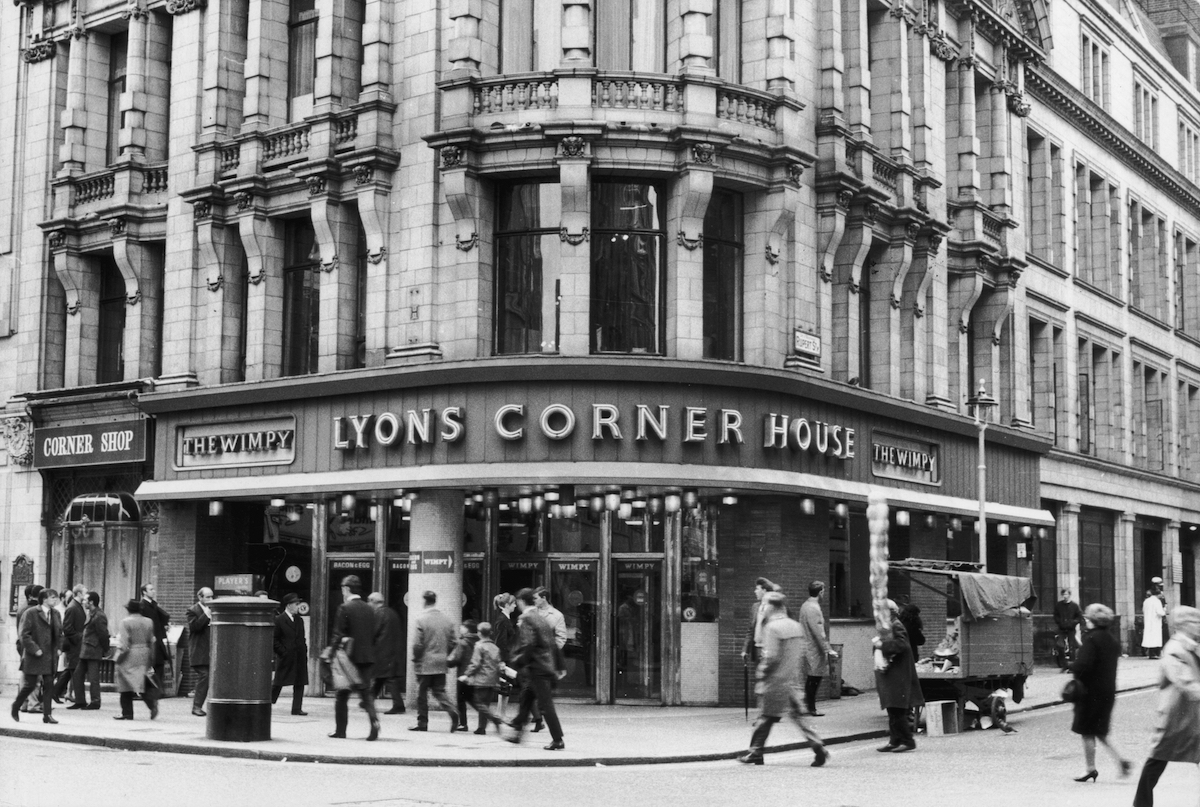 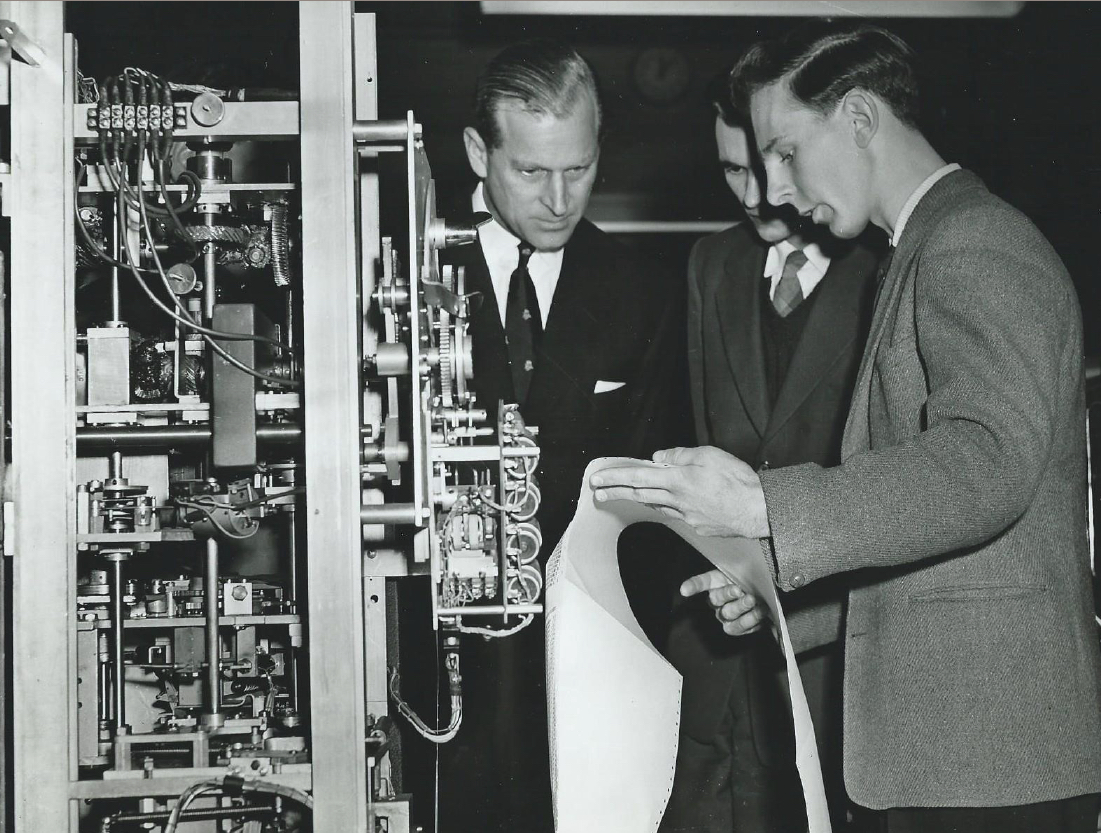 |

